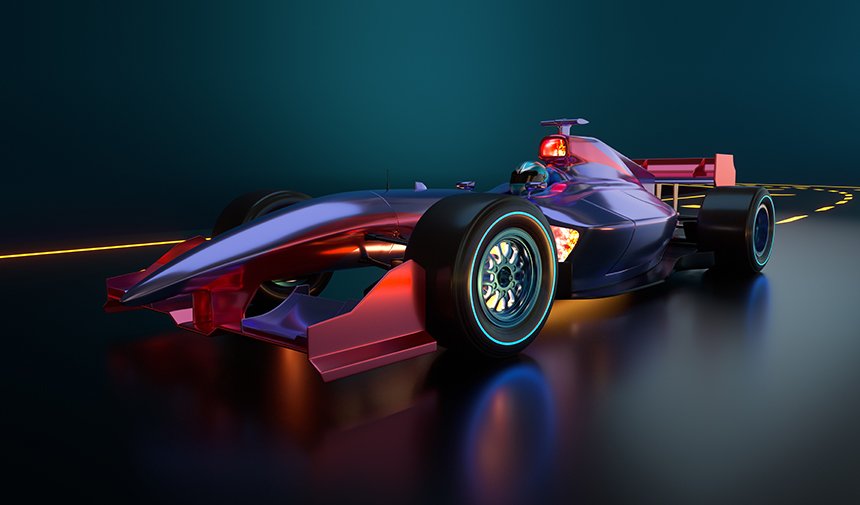In the world of motorsport, technology has always played a central role. Electric vehicles and advanced race cars in particular are shaping the future of the sport. Technological innovations are significantly impacting both the racing experience and environmental sustainability. In this article, we will explore how technological advances are transforming motorsport.
The Rise of Electric Vehicles
In recent years, electric vehicles (EVs) have gained an important place in motorsport. Electric racing series are characterized by sustainability and environmentally friendly technologies. Formula E is one of the best-known examples in this field. This series, which is run entirely with electric race cars, offers both an environmentally friendly and high-performance racing experience.
The integration of electric vehicles into motorsport has many advantages. Firstly, these vehicles minimize the carbon footprint by operating with zero emissions. Secondly, electric engines require less maintenance and are more durable as they contain fewer parts than internal combustion engines. This reduces technical glitches during the race and ensures a more uninterrupted performance.
Battery Technologies and Charging Innovations
The performance of electric vehicles depends heavily on battery technologies. Electric vehicles used in motorsport are equipped with high-capacity lithium-ion batteries. These batteries are characterized by high energy density and fast charging.
In the future, more advanced technologies such as solid-state batteries are expected to come into play. Such batteries will improve the performance and efficiency of racing cars by offering higher energy density and faster charging times. In addition, wireless charging technologies could also be deployed on race tracks, which could significantly reduce pit stop times.
Aerodynamic Innovations
The aerodynamic structure of racing cars has a critical impact on performance. Advanced aerodynamic designs enable vehicles to reach higher speeds with less air resistance. Innovations in this area are optimized through computer-aided design (CAD) and wind tunnel testing.
Aerodynamic innovations play an important role not only in speed, but also in handling and stability. A better aerodynamic structure allows the vehicle to remain more stable in corners and offer a safer ride at high speeds. In the future, we are likely to see more dynamic solutions such as active aerodynamic systems. These systems optimize performance by instantaneously adjusting the aerodynamic structure of vehicles during a race.
Data Analytics and Artificial Intelligence
In motorsport, data analytics and artificial intelligence (AI) technologies have become essential for strategic decisions and performance improvements. Large data sets from racing cars are analyzed in real-time, providing drivers and teams with crucial information. This data helps make instant decisions in critical areas such as tire wear, fuel consumption and vehicle performance.
By analyzing this data, AI optimizes race strategies and improves drivers’ performance. In the future, AI-powered driver assistance systems will provide more support to drivers during the race, enabling them to perform at the highest level.
Safety and Sustainability
Safety is one of the most important aspects of motorsport. In the future, race cars will become safer thanks to advanced safety technologies. Innovations such as collision sensors, automatic braking systems and advanced safety cages will maximize the safety of drivers.
Sustainability is critical to the future of motorsport. The use of electric vehicles and renewable energy sources will reduce the sport’s environmental impact. In addition, initiatives such as the use of recyclable materials and the creation of carbon-neutral race tracks will ensure the sustainable development of motorsport.
Conclusion and Future Prospects
The future of motorsport will continue to be shaped by technological innovation. Advances in areas such as electric vehicles, advanced battery technologies, aerodynamic innovations and AI-driven data analysis will improve the performance and safety of racing cars. These innovations will increase the excitement and competitiveness of motorsport while maintaining environmental sustainability.



